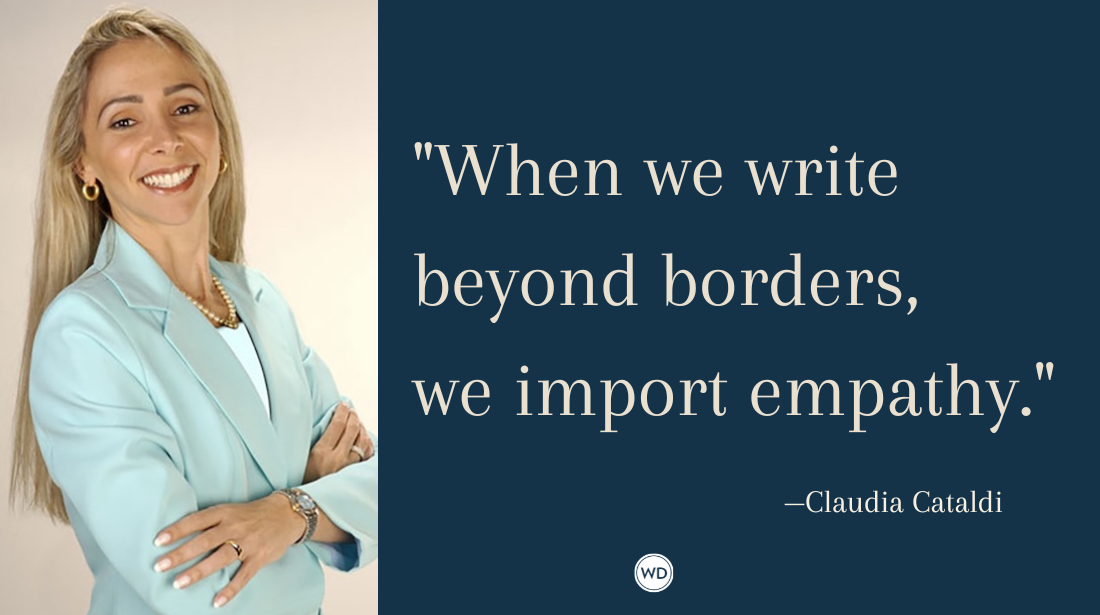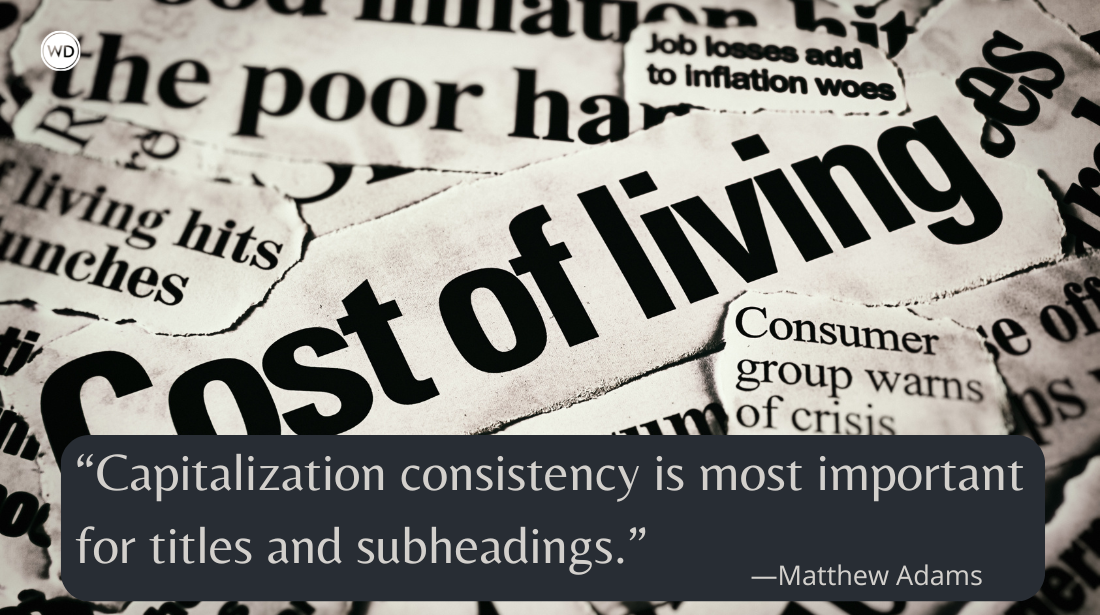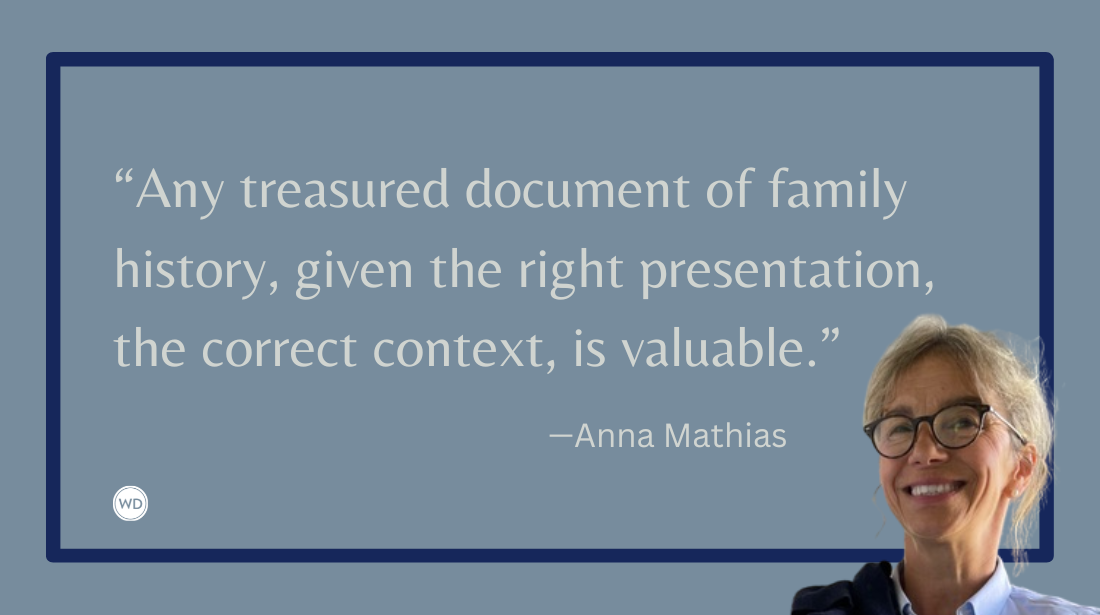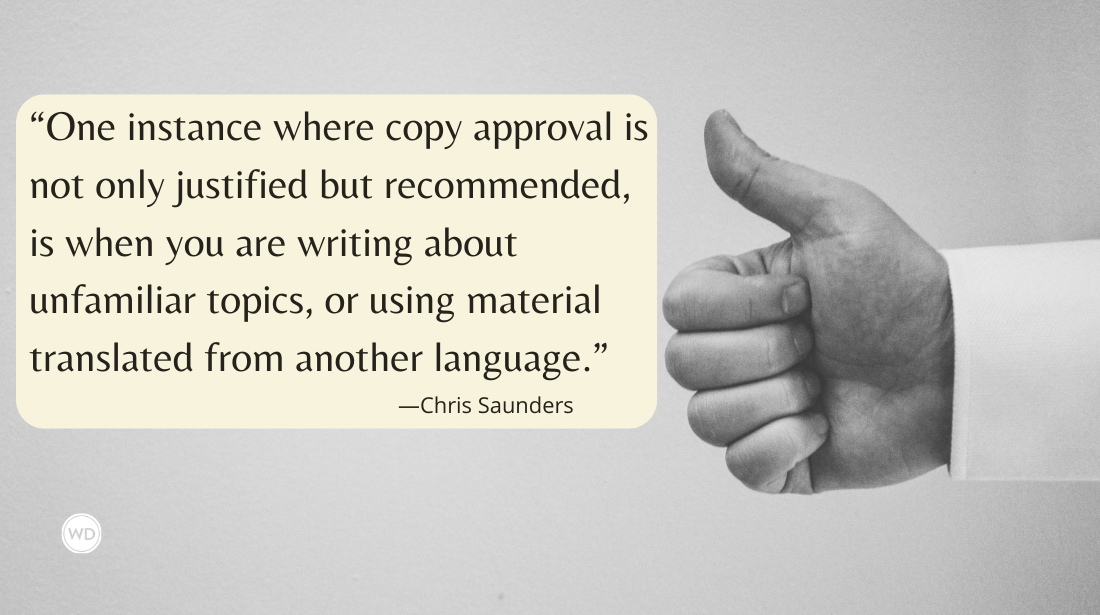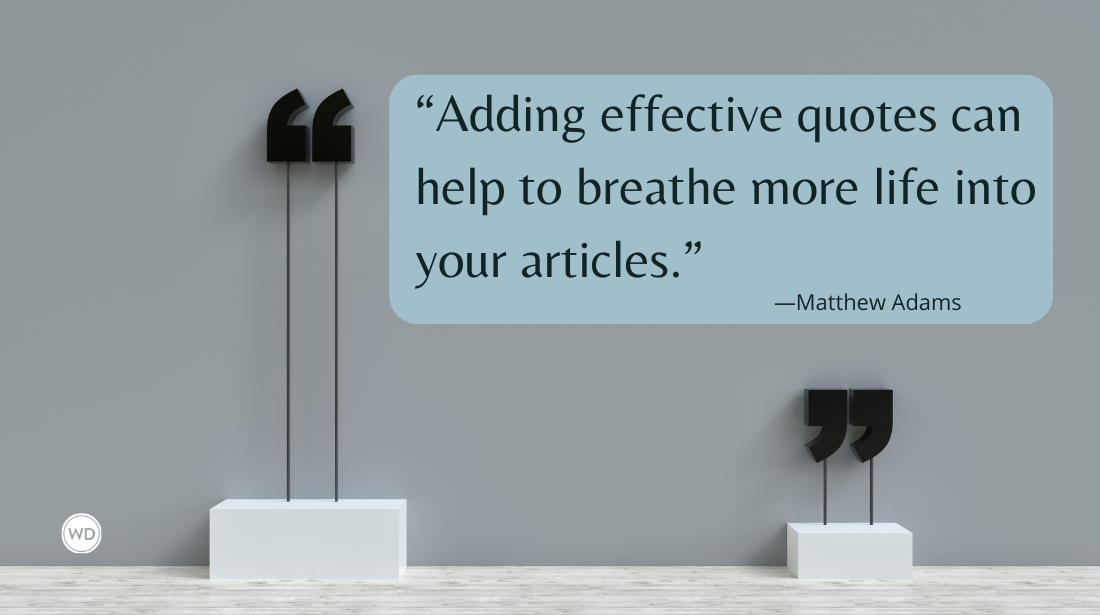Ideas for Articles Close to Home
You may feel like you’re in the middle of nowhere, with no compelling nonfiction topics to write about nearby. Marcia Yudkin, author of Writing About the World Around You, dispells that notion, and gives tips for researching the interesting ideas that surround you.
Do you feel stifled in your nonfiction-writing because you may not live near a hotbed of interesting article ideas or information sources? Take the advice of Marcia Yudkin, author of Writing Articles About the World Around You:
Writers with incurable block should stop sharpening pencils and take a look at their surroundings instead, says Yudkin. She advises you to explore your hometown or county for ideas. She points to a travel-writing workshop taught by Jules and Effin Older to illustrate that even the most mundane, unlikely destinations evoke the curiosity and interest of someone. The Olders cited Worcester, Massachusetts, as an example of how this works:
"No matter where you live, someone, somewhere wants to read about it."
"Except Worcester. No one wants to read about Worcester."
"You mean Worcester, the city where Freud gave his famous American lectures? Worcester, which houses the largest collection of armor in the Western hemisphere? Worcester, the birthplace of Clara Barton — you mean that Worcester?"
Yudkin tells of one workshop participant who "flatly contended that there weren't any noteworthy places in his area. Effin Older stunned him by reeling off five for him off the top of her head. Once his eyes were opened, the man who had claimed his area had no travel appeal came up with ten more story ideas before lunch."
But to follow through on your great idea, you must research articles well. Yudkin gives us some tips on simplifying our research methods without sacrificing accuracy. When fact-hunting, start with "Who would know?" Three sources can provide reliable facts efficiently: organizations, individual experts and reference librarians (who Yudkin calls the greatest detectives of all).
For organizations, start with the reference book Encyclopedia of Associations. Many of the associations listed there are designed to provide information for the media. This can prove to be a great resource for writers looking for obscure facts.
Depending on your type of obscure fact, consulting an expert might be more appropriate. For example, suppose you wanted to know the most popular musical instrument among local elementary-school children. Checking with a local music teacher is more likely to be helpful than poring over volumes of statistical abstracts. As with any source, keep in mind the biases your expert might have.
If either of these avenues fails, reference librarians are standing by to give the elusive answers to your cryptic questions. For simple inquiries, you probably can get the answers over the phone. More in-depth questions might require a trip to the library to ask in person.





